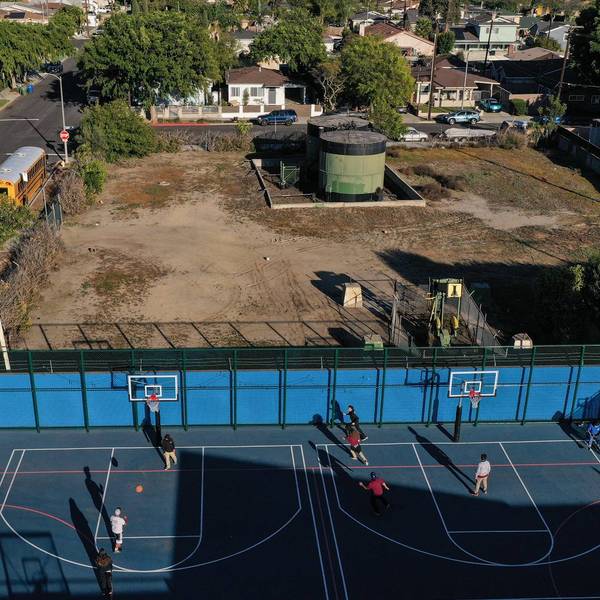Taking a dig at President Donald Trump, French President Emanuel Macron on Monday will award the first group of climate scientists "Make Our Planet Great Again" grants.
According to the Associated Press, "Several U.S.-based climate scientists are about to hit the jackpot."
Macron announced the initiative in June after Trump said he was pulling the U.S. out of the Paris climate accord. Macron took a twist on Trump's campaign slogan, tweeting "Make Our Planet Great Again" and saying in a televised address, "To all scientists, engineers, entrepreneurs, responsible citizens who were disappointed by the decision of the president of the United States, I want to say that they will find in France a second homeland. I call on them--come and work here with us. To work together on concrete solutions for our climate, our environment."
The Make Our Planet Great Again website was set up as a portal for interested researchers to apply for the 3-5 year grants, which include perks like work permits for spouses and are funded by 60 million euros. In total, 50 researchers will be chosen for the grants.
By September 255 scientists from 41 countries, 42 percent of them Americans and 62 percent working in the U.S., had applied, and the number of finalists was narrowed to 90.
A second, smaller batch of grantees will be announced in January.
One of the applicants, Ashley Ballantyne, a bioclimatologist at the University of Montana in Missoula, explained to PRI, "It used to be that European scientists would come to the U.S. for opportunities. But I think the tides are turning, and there have been several really well-respected, mid-career scientists leaving for institutions in Germany and Switzerland and France [and] England. ... In some respects, there's been a bit of a reverse brain drain."
For some climate scientists in France, however, the funds could have been better used on research in France.
The grants announcement comes a day before Macron, along with the United Nations and World Bank, convenes the "One Planet" summit in Paris, meant to coincide with the two-year anniversary of the Paris climate pact.




